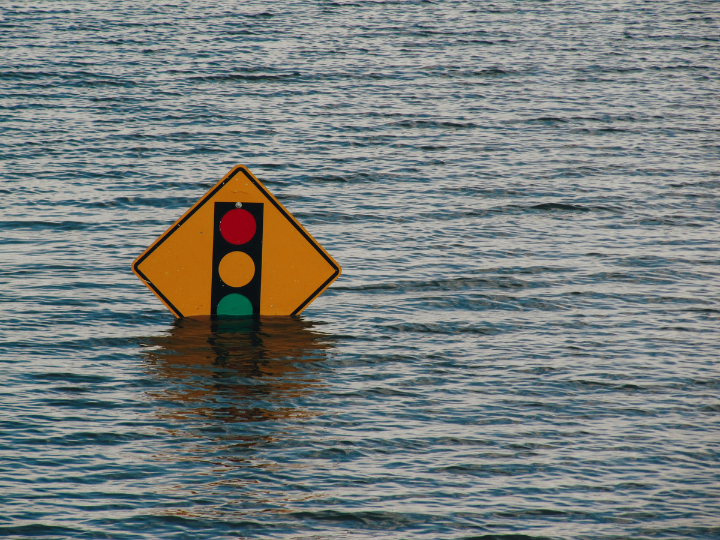by Matt McGrath*
While scientists are reluctant to say any single extreme event was caused by climate change, researchers have been quick to point out the role that rising temperatures have had in making the Spanish floods worse.
“No doubt about it, these explosive downpours were intensified by climate change,” said Dr Friederike Otto, from Imperial College London, who leads an international group of scientists who try to understand the role that warming plays in these type of events.
“With every fraction of a degree of fossil fuel warming, the atmosphere can hold more moisture, leading to heavier bursts of rainfall.”
Weather researchers say the likely main cause of the intense rainfall was a natural weather event that hits Spain in Autumn and Winter.
Called a "gota fria” or cold drop, it sees cold air descend on the warmer waters of the Mediterranean Sea, which has been experiencing extremely hot conditions over the past couple of years.
The hot moist air on the surface of the sea then rises quickly, leading to tall, towering clouds that are blown ashore and deposit large amounts of rain.
Researchers say that climate change directly impacted the amount of rain that these clouds carried, pushing it up by 7% for every 1C degree of warming.
Baked soils
When the rain starts to fall, it comes down with increased intensity on soils that are not best able to soak up high levels of water.
“As well as increased rainfall extremes, we are seeing hotter summer which can bake the soil and reduce its ability to absorb water,” said Prof Mark Smith, from the University of Leeds.
“In turn this amplifies the more direct effects of increased rainfall intensities as more of that water makes it into the rivers.”
There is also some debate among scientists about whether a warmer world makes these storms slower moving, which would exacerbate the amount of rainfall they deliver.
This year we have seen some evidence of this type of storm and the devastation that it can bring.
In September, Storm Boris brought death and destruction to several countries across Central Europe, again made stronger by the high heat in the Mediterranean.
This slow-moving disaster was said by scientists to have been made twice as likely by climate change.
In Spain, the lack of precise warnings has led to criticism that more could have been done.
But meteorologists say that predicting the path of fast moving, intense thunderstorms is a very tricky business.
“Warnings can be a lifesaver in helping people to seek higher ground and safety before a flood. But as we have seen in Spain today, it is incredibly hard to issue warnings for intense thunderstorms because the exact location of the heaviest rainfall is often not known in advance,” said Dr Linda Speight from the University of Oxford.
“Forecasters and scientists are working hard on innovative solutions to this challenge, it’s not going to be an easy problem to crack.”
One issue that the flooding in Spain has highlighted is the inability of modern infrastructure to cope with extreme flooding events.
As some researchers have stated, our roads and bridges and streets are built to deal with last century’s climate, not the one we have now.
*Environment correspondent
**first published in: Bbc.com




 By: N. Peter Kramer
By: N. Peter Kramer
